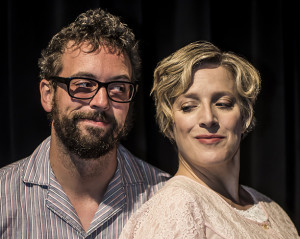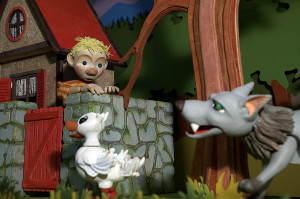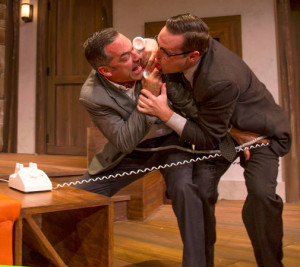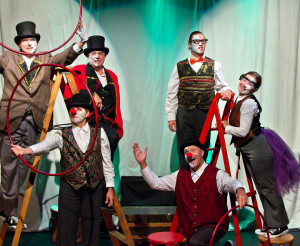Tactics’ Programming at Arts Court
2015-2016 TACTICS Programming
November 13-21, 2015 (off) Balance by Naomi Tessler
& feelers by Amelia Griffin
January 22-30, 2016 A Little Fire by Megan Piercey Monafu
March 11-19, 2016 Perfect Pie by Judith Thompson
April 22-30, 2016 Woyzeck’s Head, produced by Third Wall Theatre
All events take place at the Arts Court Theatre, 2 Daly Avenue, K1N 6E2
8pm performances Wednesday to Saturday
2pm matinees on the first Sunday and second Saturday of each run
Panel discussions and other community engagement events are scheduled for the Mondays or Tuesdays during the middle of the production runs.
2015-2016 Season Subscriptions are now on sale on ArtsCourt.ca/TACTICS at $85 for General Admission and $65 for Student/Senior/Artist. Single tickets for each production are on sale for $25 for General Admission and $20 for Student/Senior/Artist.




